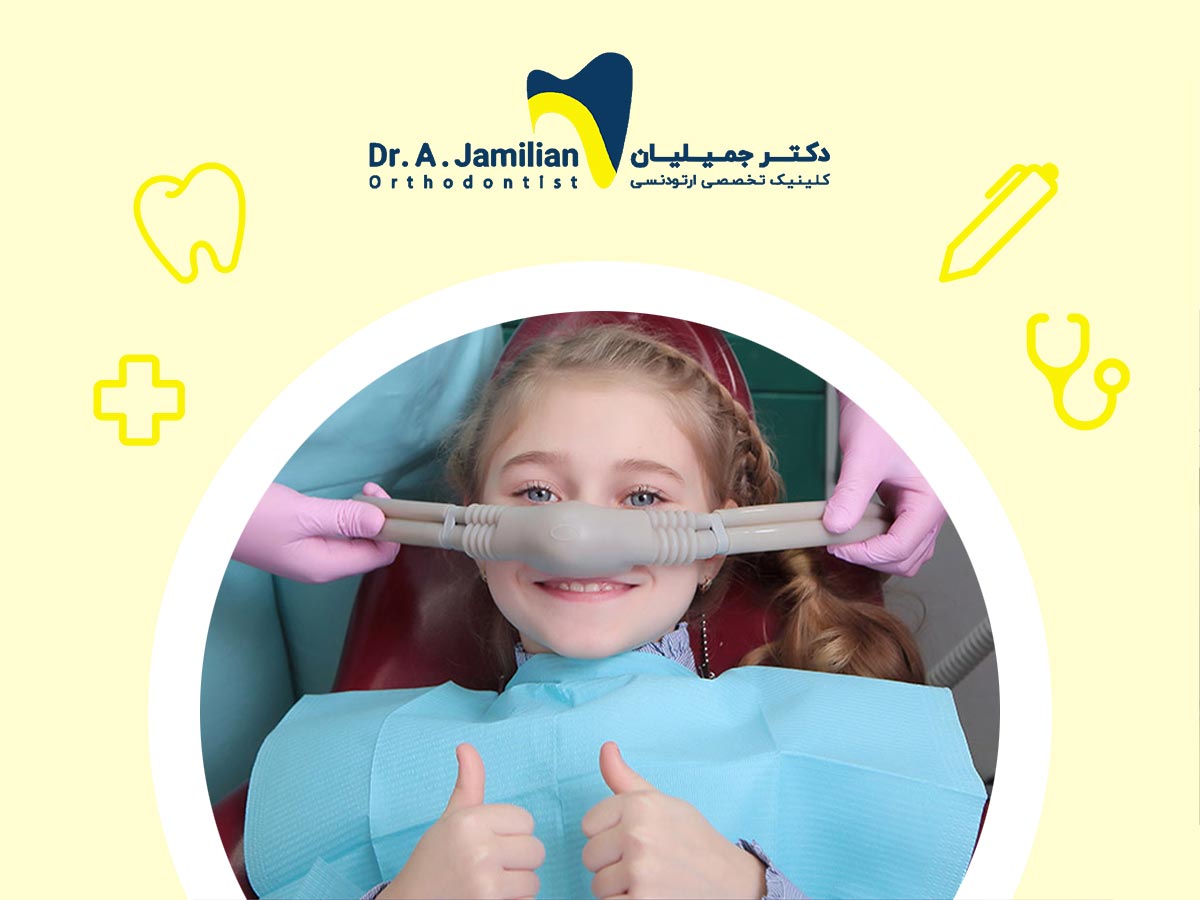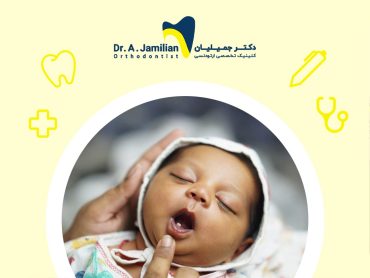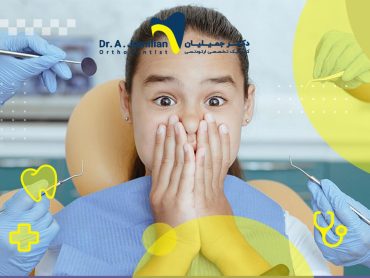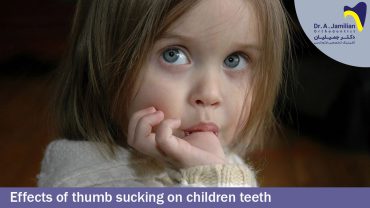Pediatric dentistry has always been an important source of concern for parents. Commonly due as most children are afraid of dentistry, so they resist their dentistry treatment, which makes it impossible for dentists to do their work. While it has its advantages and disadvantages, anesthesia in pediatric dentistry is a practical way to cope with the problem. In such cases, most parents get stressed when the dentist recommends the using of anesthesia on their kids; even some of them would decide to visit other dentistry clinics. This article would help you to get more information about anesthesia in pediatric dentistry and its complications and side effects to avoid stress when you fall in such situations.
Under What Condition We Can Use Anesthesia in Pediatric Dentistry?
First of all, it is necessary to underline this important point that we cannot apply pediatric anesthesia to all children. As was mentioned at the inception of this article, this method would be useful under certain conditions. In general, under the following conditions, we can use pediatric anesthesia to render our dentistry services to little kids:
- Very stressed children: sometimes, children’s stress and fear of dentistry cannot be explained and it is impossible to reduce their stress through talking to them. We would face some more dangerous consequences if we fail to use general anesthesia to treat such children. For instance, kids would experience more stress and become restless during the treatment process, so the dentist will fail to render their high-quality dentistry services.
- Children with ADHD, Autism, and physical disabilities: Certainly, you have a clear understanding of pediatric anesthesia for taking dentistry services, if you are the parent of a kid with ADHD. For children with ADHD sitting in the dental unit for a long term would be difficult and annoying. Thus, general anesthesia is the best possible way to render dentistry services to children with physical disabilities, autism and ADHD.
- Children with many decayed teeth: In some cases, the time spent to treat children’s decayed teeth would be longer than normal. In such cases, the dentist needs to work on several teeth of a kid simultaneously, as a result, the treatment procedure would become longer and it is necessary to use general anesthesia for the kid.
If your kid is classified in one of the mentioned groups, and the dentist has recommended you to use pediatric anesthesia before taking dentistry services, undoubtedly you are not to worry about it. Of course, you are allowed to discuss any specific questions with the clinic. Here, we are going to discuss about complications and side-effects of pediatric anesthesia for dentistry:
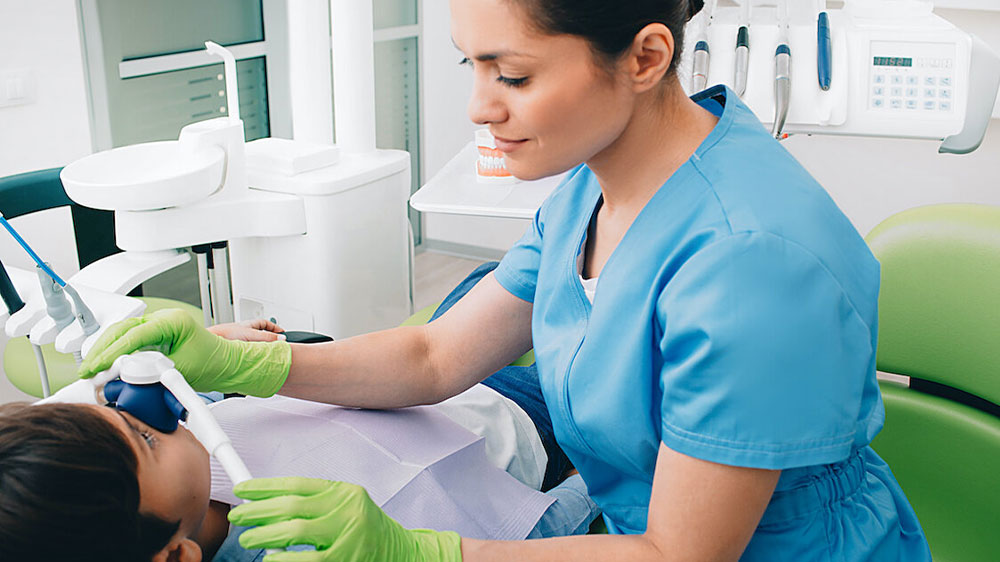
Side-effects of pediatric anesthesia for restoring teeth
There is no doubt that treatment with anesthesia is not free from side effects. Most dentists prefer to restore children’s teeth without using anesthesia for them; however, in certain conditions it is necessary to use general anesthesia. You can find the most common complications and side effects of general anesthesia for children here:
- It is possible that the kid had swallowed some blood during treatment while under anesthesia during dental treatment, hence nausea and vomiting are completely normal side effects in such cases.
- A handful of kids would experience a mild headache and vertigo, which would be removed soon after.
- Feeling sleepy is another side-effect of using general anesthesia for pediatric dentistry.
- Some children would experience shortness of breath for a short while after dentistry anesthesia.
What Parents Should Do After Pediatric Anesthesia?
If your kid’s dentist has used anesthesia or is going to use it before rendering their dental services to your kid, I recommend you pay attention to the following guides and tips from the list below and from the clinic you’re at. The following care tips will help your kid to restore sooner:
- When your kid regains consciousness, let them rest enough and do not let them be excited or do dynamic games.
- If your kid shows certain symptoms such as nausea, oral blood excretions, ague, frequent urination, do not worry, because they are completely normal and will never last more than several hours.
- If your kid feels pain around the restored area in their mouth, after consulting with their dentist, give them sedative medicine every six hours.
- It is possible that your kid bites his/her lip because of anesthesia side effects, so be vigilant about this.
- Avoid feeding your kid with warm foods, if your kid’s oral numbness has not been restored.
- If your kid’s respiratory problems after anesthesia are very serious, pay a visit to a dentist and ask for their help in such cases.
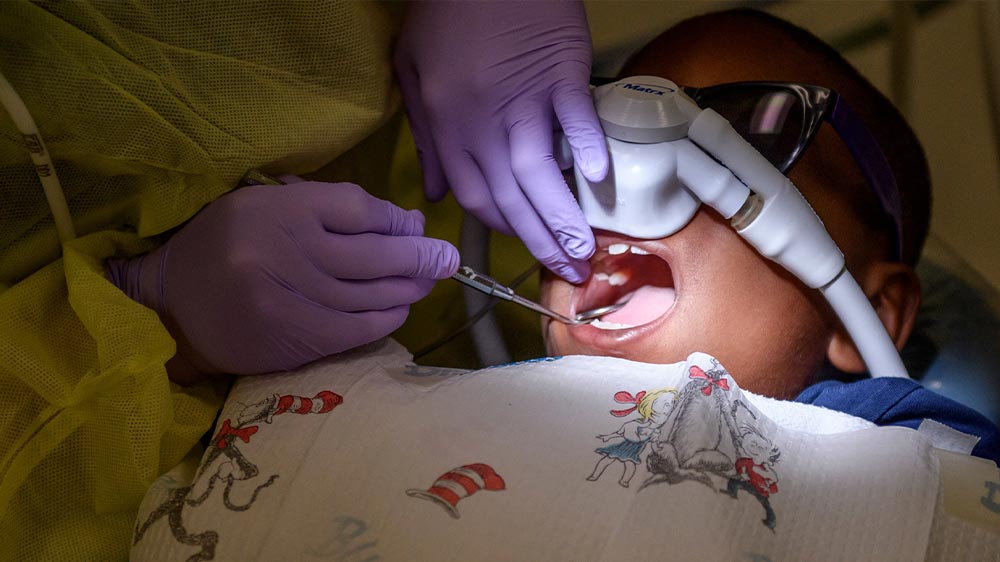
Advantages of General Anesthesia for Pediatric Dentistry
In some cases, using general anesthesia for children before starting dental treatments is necessary. Although anesthesia side effects would seem dangerous towards parents, it is necessary to note that this treatment technique has advantages, as well. Here, you can find some of them:
- All of the decayed and unhealthy teeth of a kid can be restored in a single-session treatment and there is no need to visit the clinic regularly.
- In most cases, children do not remember their dental treatments, so they will be free from any negative and stressful feelings about it.
- The quality of dental services rendered in the general anesthesia condition is considerably higher than those rendered in the normal condition.
- Specialists will be around your child throughout the treatment process and his/her vital signs including heart rate, breathing, etc. will be checked continuously and the anesthesiologist will control the patient until the end of the treatment process.
In this article of Dr. Jamilian’s website, we discuss the side effects of pediatric anesthesia for dentistry. It is necessary to note that this treatment technique has been tried for many years and it has no risk for children. The anesthesia will be applied through intravenous injection and your kid will wake up in a short time.
Pediatric Anesthesia for Dentistry FAQ
Yes. As mentioned previously, the side effects of anesthesia are not risky and it can be claimed that nothing would threaten your kid’s life.
The children’s anesthesia duration depends on the number of teeth and the severity of the decayed teeth, so it is impossible to declare an exact time for it. However, in general, it would be a short period.
No. It is very rare, and if your kid has no certain disease, he/she will not experience any problems after anesthesia.
Side effects of pediatric anesthesia for dentistry are nausea, mild headache, coughs, and mild sore throat.
